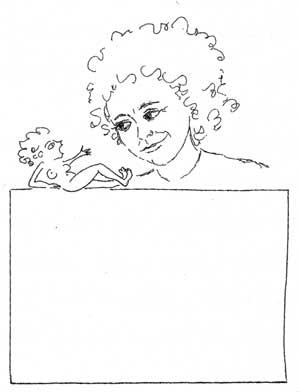Hateful Fictions: Siri Hustvedt on the Weaponization of Free Speech
An expanded version of an essay by Siri about hate speech that was published in a collection under the auspices of PEN Sweden is now available online at Lithub.
Hate is human. It is hard to imagine a person who has never hated someone at one time or another and in rage or indignation uttered words intended to wound, humiliate, or silence. But ordinary explosions of hateful speech directed at a parent, child, friend, spouse, neighbor, or lover do not qualify as hate speech unless the hatred targets some aspect of the other person’s social identity. The man who howls “bitch” at his wife might feel hatred for a particular woman intimately known to him, but also for her as a woman, which would theoretically turn his verbal assault into hate speech. As R. George Wright comments in a paper on emotion and free speech in the Loyola University Chicago Law Journal: “It is not easy to separate apparently personal abuse from the expression of half-conscious group-based grievances and frustrations, often with a genuinely political dimension.” The personal and political mingle.
Read more about how hate speech renders dialogue impossible.
